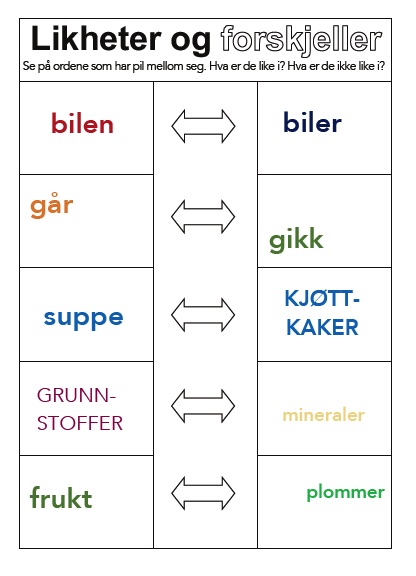Hvorfor CAS2?
Fordi CAS2/PASS gir muligheter for å oppdage spesifikke sammenhenger mellom kognitive prosesser og leseforståelse på en annen måte enn tradisjonell, psykometrisk basert intelligensteori.
For several years now the role of intelligence in learning to read has been at the centre of ongoing discussions (e.g., Das, 2002; Jiménez et al., 2009). The consensus is that the domain-general IQ is inadequate to explain reading achievement, unless we replace it with a composite of cognitive processes. This constellation of processes has been offered by PASS theory. The results of both studies in this article have shown that successive and simultaneous processing are important predictors of reading fl uency and reading comprehension. Thus, IQ may be irrelevant for reading, but intelligence is not.
Our findings have implications in regards to the role of fluid-crystallised abilities on reading (see Cattell, 1971). We argue that the fluid-crystallised division has less explanatory power than simultaneous and successive processing, as simultaneous processing includes both fluid and crystallised abilities. Specifically, Verbal Spatial Relations measures the same process as Nonverbal Matrices; the former is crystallised, the latter fits the concept of fluid abilities. PASS theory would have no difficulty in arguing why simultaneous processes may explain reading comprehension because the essential characteristic of simultaneous processing is processing logical–grammatical relationships (e.g., Das et al., 1979).
George K. Georgiou and J.P. Das (2014). Reading comprehension in university students: relevance of PASS theory of intelligence. Journal of Research in Reading, ISSN 0141-0423 Volume 37, Issue S1, 2014, pp S101–S115
Simultan prosess har med forståelse å gjøre. Å oppdage likheter og forskjeller er typiske simultane prosesser, og de bidrar til dybde-forståelse.

